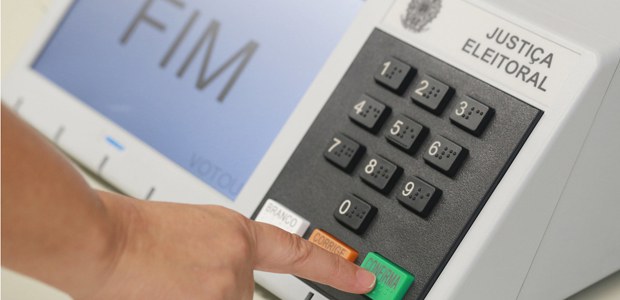
The gap between the two leading presidential candidates in Brazil ahead of the October election is narrowing, which could mean there is a greater chance of conflict over the final result.
Former president Luiz Inácio Lula da Silva remains the front-runner, with 47% of those polled saying he has their vote, but current President Jair Bolsonaro is gaining ground, according to a survey released by respected research institute Datafolha, which puts him on 32%.
In a similar survey published at the end of July, Lula was also at 47%, while Bolsonaro was on 29%.
According to electoral rules in Brazil, if no candidate obtains more than 50% of the vote, the election goes to a run-off, which in this case would take place at the end of October.
“Lula’s candidature has a downward trend because we’re in an environment where the economy is improving and that favors Bolsonaro,” Christopher Garman, managing director for the Americas at Eurasia Group, told BNamericas, mentioning the recent reduction in unemployment levels and the first signs of slowing inflation.
Datafolha’s figures confirm that Bolsonaro is closing the gap on Lula, as suggested by other polling firms, raising fears that a narrow win for either of the candidates could bring the risk of social unrest.
“I do worry about the repetition in Brazil of what we saw on January 6 [2021] in the US,” said Garman, referring to the attack on the Capitol by a group of supporters of former US President Donald Trump after the election.
“If Bolsonaro loses by a very small margin, he will dispute the results of the ballot, as he has done several times. This could generate lots of public demonstrations. Despite this, I don’t believe that there will be a breakdown in the institutions in Brazil, as I don’t see support for that, either from the armed forces or other political leaders,” he added.
Bolsonaro has repeatedly attacked the electronic voting system in Brazil, saying that it is at risk of fraud in the vote count, an allegation that remains unproved.


